Drugs in sport: Athletes' reputations at risk, says Lord Coe
- Published
Sebastian Coe backs tougher doping bans
Lord Coe says the World Anti-Doping Agency is risking the reputation of some of the world's best athletes by not enforcing rigorous anti-doping regimes in Kenya and Jamaica.
Six Jamaican athletes tested positive this year while 17 Kenyan athletes have been suspended for using performance-enhancing drugs since January 2012.
"Jamaica and Kenya are two powerhouses of track and field and we must make sure those athletes are in a system that protects the reputation of those who choose to do it cleanly," he said.
Coe, who is expected to succeed Lamine Diack as president of the International Association of Athletics Federations (IAAF) in 2015, defended the world governing body's own drug testing programme and insisted the success of Usain Bolt and other Jamaican sprinters should not be viewed with suspicion.
"No one should run away with the idea that Jamaican or Kenyan athletes are sliding through a system where they are not being tested," he said.
"Bolt was tested more than any athlete in any sport last year. He is the most tested athlete on the planet."
International federations such as the Jamaican Anti-Doping Commission (Jadco) are required to test their athletes at domestic competitions and are also expected to deliver out-of-competition testing.
Jadco has so far carried out 286 tests in 2013 - both in and out of competition - which are in addition to the tests conducted by the IAAF on a pool of 19 elite Jamaican athletes which have taken place this year.
In an interview with BBC Sport, the British Olympic Association chairman added that athletics must win the war on doping or risk losing the public's trust forever.
"If you said to me 'is this a war we can afford to lose?' The answer is that it isn't."
"We must never get into a position where people think athletics is a bit like American professional wrestling, where the crowds turn up knowing that what they are watching is fake and frankly not caring."
Last week, Jamaica's most senior drug tester Dr Paul Wright told the BBC that the the country's recent rash of failed tests might be the "tip of an iceberg".
But Coe believes the very fact that athletes are being caught shows that testing is working and points to more than 700 IAAF drugs tests on Jamaican competitors last year, while questioning how many Wada carried out in the same time period.
"The sport of athletics takes this extraordinarily seriously. When a high profile athlete, or a lesser one, gets caught, that isn't an admission of a failed system, that is an acknowledgement that it is working," he said.
"Now we have to make sure that member federations are doing domestically everything that they can possibly do to push that forward.
"That is Wada's responsibility. They have the funding to do that, that is what they are there for. They have the national anti-doping agencies under their wing."
Jamaica has vowed to increase the current annual testing budget of around £380,000 after it emerged that Jadco had conducted only one out-of-competition test in the six months leading up to the 2012 Olympic Games in London.
That revelation followed a series of positive tests for Jamaican athletes, with former 100m world record holder Asafa Powell, three-time Olympic champion Veronica Campbell-Brown and Olympic relay gold medallist Sherone Simpson among those who failed tests, which resulted in Wada visiting the country at the end of October to assess its doping policies.
Wada's current president John Fahey said recently that Jamaica had "lost its way" on drug testing for athletes.
However, Coe said the imminent confirmation of Sir Craig Reedie as the new president of Wada was something that gave him confidence that things would change.
"I am personally very pleased that Sir Craig Reedie is about to assume the chair of Wada. He has a huge reservoir of experience, particularly at the coal face and particularly dealing with these issues," he said.
"He has a great opportunity as a fresh chairman coming in to revisit some of these issues - he will want to get his teeth into them."
Coe admitted that while it would be foolhardy to claim that the testers were ahead of the cheats, he was confident they would be caught.
"I am never going to say we are ahead. But we are not running behind.
"My message, which was the same message I gave in 2012, is if you want to cheat, you are going to get caught because we now have the technology, we now have the profiling and we now have the ability to store and examine blood some way down the track and we have done that effectively."
- Published15 November 2013
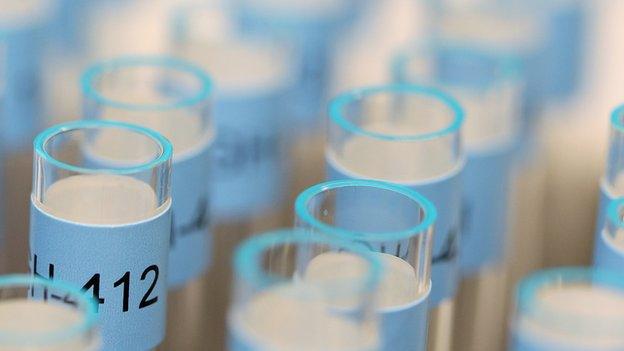
- Published14 November 2013
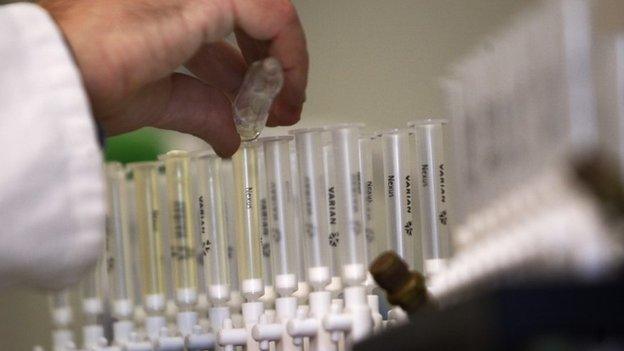
- Published11 November 2013
- Published11 November 2013
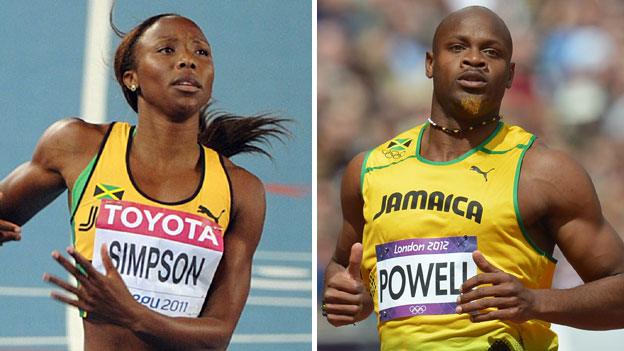
- Published29 October 2013
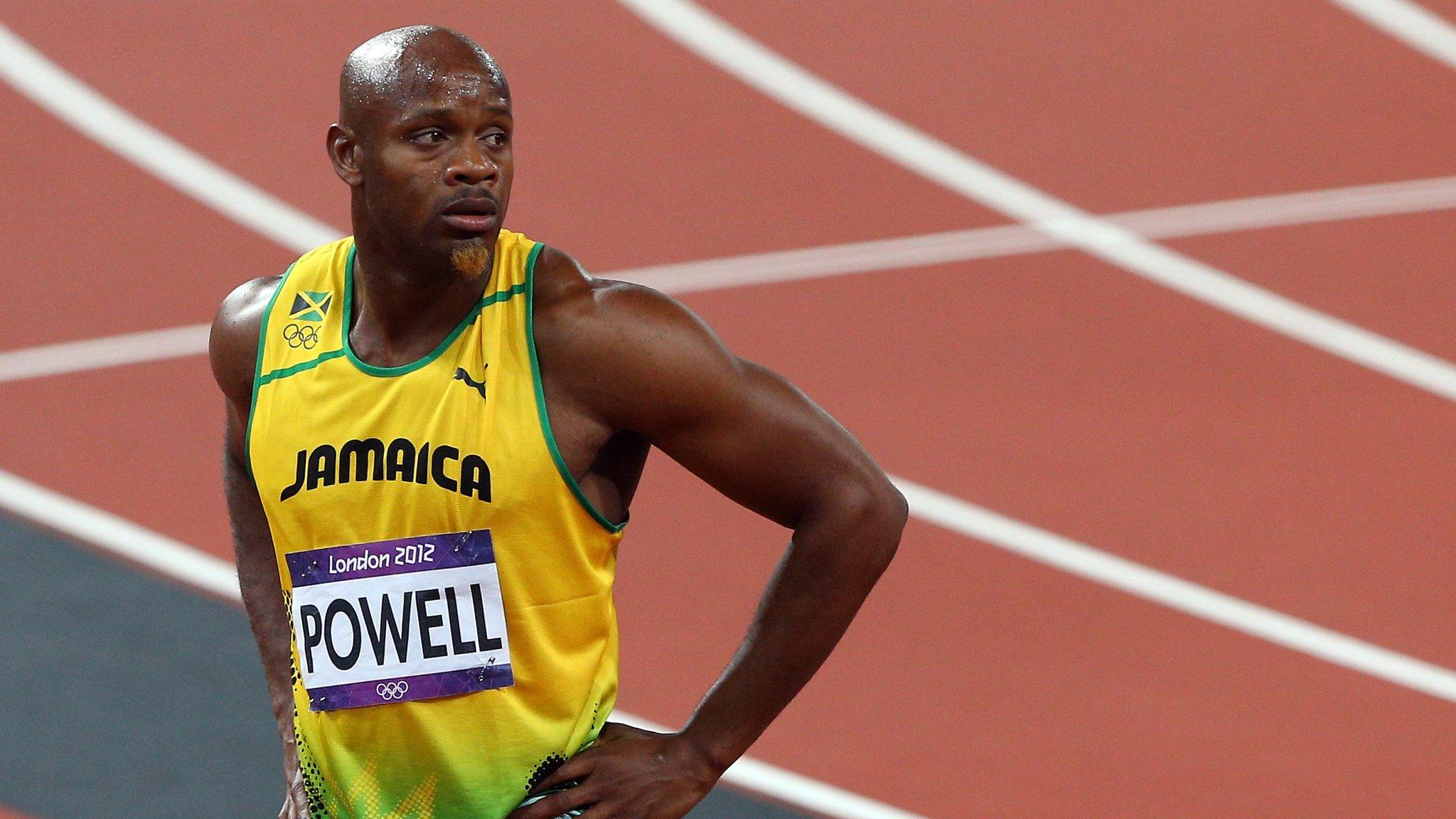
- Published14 October 2013
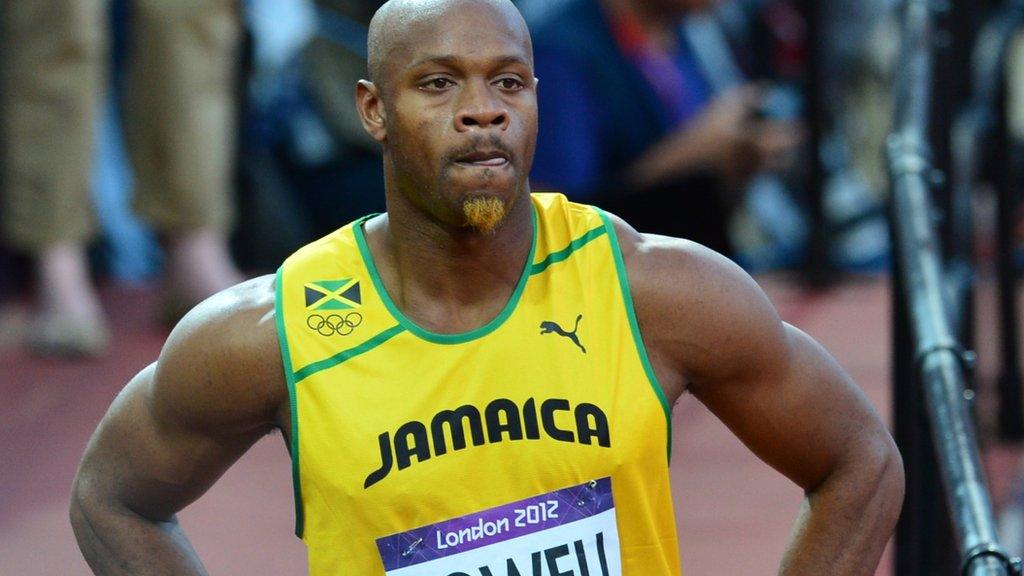
- Published8 August 2013
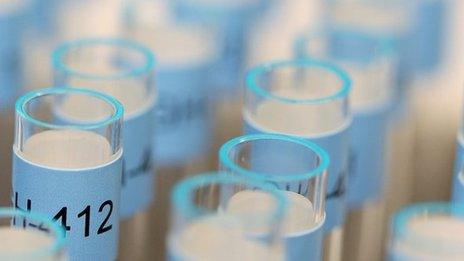
- Published8 August 2013
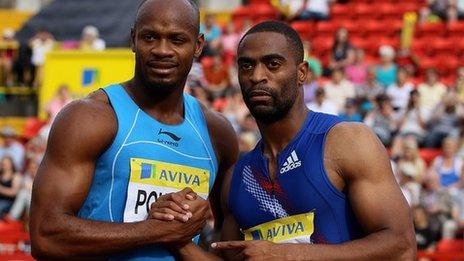
- Published21 July 2013
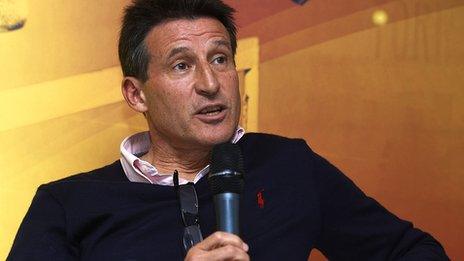
- Published15 July 2013
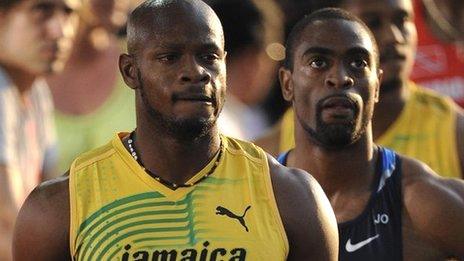
- Published15 July 2013
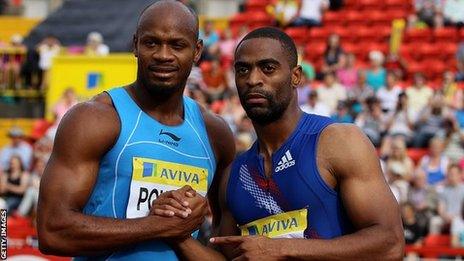
- Published10 September 2015

- Published8 February 2019
